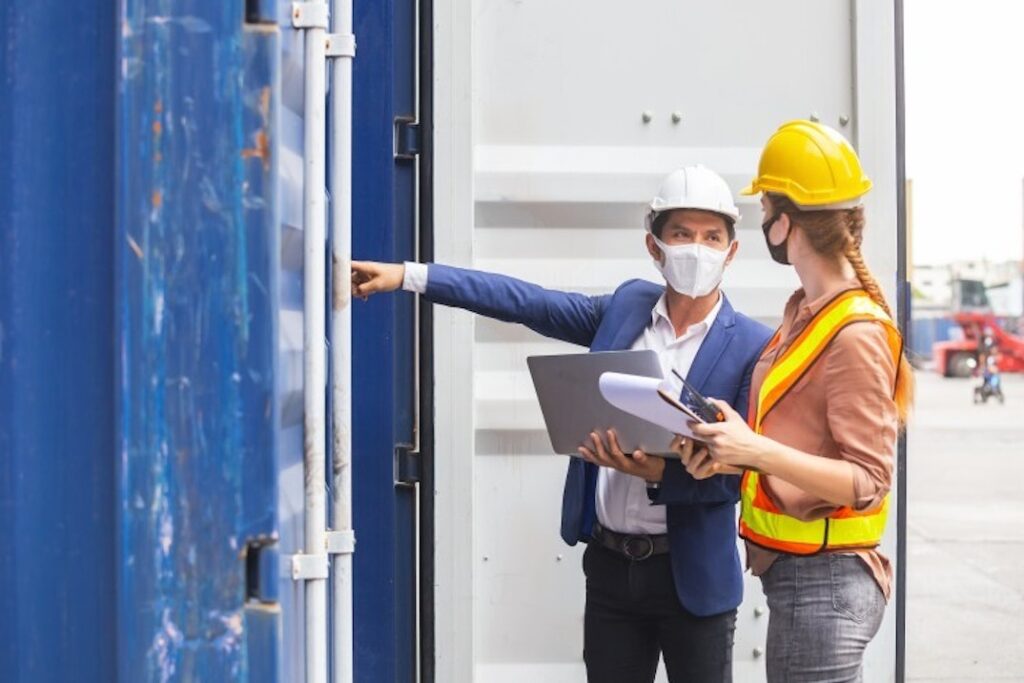Within the current fast-changing work environment, guaranteeing the protection and health of employees is ever essential than ever. Workplace safety experts play a vital position in maintaining plus ensuring healthy work settings. These professionals are dedicated to recognizing and reducing hazards that could create dangers to workers, in the end striving to foster a culture of protection across multiple fields.
An expert in occupational safety is an specialist educated in principles of safety and health practices. Safest entail analyzing the work environment, applying safety regulations, plus conducting workshops to teach employees about safe practices. By overseeing compliance with safety guidelines and advocating for proactive measures, these professionals are the guardians of the work setting, dedicated to protecting the most important component of any organization: its people.
Role and Responsibilities
An workplace safety professional maintains a crucial role in guaranteeing a secure work place. They are responsible with detecting likely hazards and analyzing risks that could lead to workplace harm or diseases. By conducting comprehensive inspections and audits of the environment, they check compliance with safety guidelines and protocols. This proactive approach helps to reduce risks and fosters a environment of safety among employees.
In alongside recognizing hazards, occupational safety specialists also develop and implement safety plans and training courses. These initiatives are crafted to educate employees about safety practices and the appropriate use of personal protective equipment. By fostering understanding and instilling safe conduct, they aim to lower accidents and boost overall workplace safety. Coordination with management and other units is crucial to ensure that safety protocols are effectively integrated into daily operations.
Additionally, occupational safety specialists keep informed with applicable laws, regulations, and industry best practices. This constant education enables them to inform organizations on how to adjust to new safety standards and improve existing policies. By executing investigations into workplace occurrences and evaluating data, they help businesses learn from previous events and continually evolve their safety approaches. Their expertise not only shields employees but also enhances to the organization's productivity and image.
Importance of Occupational Safety
Ensuring safety at work is vital for ensuring a secure work environment and guaranteeing that employees can carry out their duties without fear of harm or work-related health issues. When organizations prioritize safety, it merely protects employees but additionally enhances productivity and morale. A environment of safety motivates workers to participate actively in safety programs and initiatives, cultivating a sense of responsibility and community within the company.

Allocating resources in occupational safety can lead to substantial cost savings for businesses. Reducing workplace accidents and illnesses reduces healthcare costs, workers' compensation claims, and potential court costs. Furthermore, companies that enforce effective safety measures often experience lower employee turnover rates, which translates to lower recruitment and training costs. A forward-thinking approach to safety can thus yield considerable financial benefits.
Beyond financial considerations, paying considerable attention to occupational safety boosts an company's reputation. Organizations known for their commitment to safety draw top talent and build trust with customers and investors. Demonstrating a commitment to occupational safety indicates that an organization values its workers, which can boost loyalty and overall job satisfaction. In an ever more competitive job market, emphasizing safety is not only the right thing to do but additionally smart for long-term success.
Competencies and Qualifications
To become an efficient occupational safety specialist, individuals typically require a blend of training, practice, and targeted training. A bachelor's degree in occupational health and safety, environmental science, or a related field is commonly the basic requirement. Some positions may demand a graduate degree for advanced roles. Furthermore, direct experience in safety or environmental compliance roles is essential for real-world knowledge and skills development.
Accreditations play a critical role in building reputation and expertise in the field. Many professionals obtain credentials such as the Certified Safety Professional (CSP) or the Associate Safety Professional (ASP) to prove their dedication to upholding industry standards. These certifications often require achieving rigorous exams and meeting continuing education requirements to maintain competency in the developing field of workplace safety.
In addition to formal education and certifications, robust analytical and communication skills are essential for occupational safety specialists. They must be skilled at identifying potential hazards, evaluating risks, and effectively communicating safety protocols to employees at all levels. The ability to develop training programs and conduct safety audits is also important for promoting a culture of safety within organizations. These skills ensure that specialists can not only recognize and mitigate potential risks but also cultivate an environment where safety is prioritized and valued.
